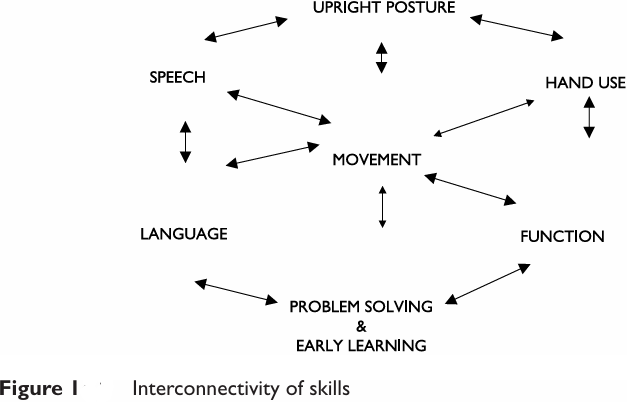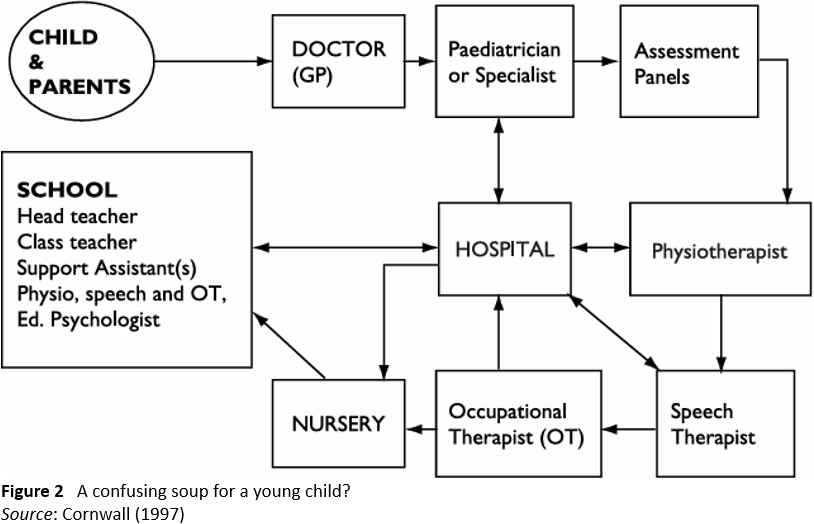


 Grammar
Grammar
 Tenses
Tenses
 Present
Present
 Past
Past
 Future
Future
 Parts Of Speech
Parts Of Speech
 Nouns
Nouns
 Verbs
Verbs
 Adverbs
Adverbs
 Adjectives
Adjectives
 Pronouns
Pronouns
 Pre Position
Pre Position
 Preposition by function
Preposition by function 
 Preposition by construction
Preposition by construction
 Conjunctions
Conjunctions
 Interjections
Interjections
 Grammar Rules
Grammar Rules
 Linguistics
Linguistics
 Semantics
Semantics
 Pragmatics
Pragmatics
 Reading Comprehension
Reading Comprehension
 Teaching Methods
Teaching Methods|
Read More
Date: 2025-03-31
Date: 2025-04-21
Date: 2025-03-27
|
Partnership with parents
It is clear that the school experience for children with disabilities is inherently different and the experience of parents of children is also radically different. This is an important starting point for all adults within a school community, because it implies that partnership with parents involves listening to, and understanding, their experience. Parents are often experts in their own particular area even though they may feel ‘at sea’ with it or even incapable in the face of professional expertise. They have an in-depth knowledge, through experience, not only of the condition itself, but of the consequences (social, emotional and cultural) of that particular condition. Their knowledge and understanding are very often part of the solution when it is unlocked by effective and sensitive partnership.
Discussion
Does your school have an effective partnership with parents? Is their expertise fully recognized?

Children’s early development is usually integrated from a young age. This means that movement, hand use and function, speech, language and problem solving (and other early learning) develop together. The consequence is that a young child quite naturally builds on his or her interdependent skills in these four areas of learning. It is important to realize that the difficulties a child may encounter may not be because of any so-called deficiency in their cognitive functioning (thinking) but more to do with their different experience. Being able to gain an upright posture is very important for the very young child to be able to build further skills and explore the environment (Figure 1).
Parents often understand the way that a pupil has developed (or not) in one of these areas, and more importantly, the ways in which they might have compensated or solved some of the problems thrown up by their disability or condition. This knowledge can be very important in helping to build meaningful strategies to encourage learning and progress.
Quality of life is a somewhat vague term but it is used here to describe the growth of love, security, positive relationships and self-esteem. Parents are the vital central point for a child as he or she grows and children spend more time at home, from birth to ten years, than at school. Parents, not having professional status in meetings about a child, are sometimes not listened to sufficiently. Yet, it is they who are the key to providing the foundations for learning, for independence, motivation and the ability of the pupil to take risks and actively pursue their goals. It is likely that a pupil with disabilities will have experienced, by proxy, different, but no less caring, experiences within a family as a consequence of the public nature of disability and professional intervention.
Professional interventions, particularly for pupils born with a disability or condition, usually start at a young age. Even when the condition is diagnosed in older children, say, at nine or ten years old, the pupil can suddenly be subject to a ‘confusing soup’ of professional interventions and encounters (Figure 2).

A young pupil may have missed many early childhood experiences. Instead, they will have been subject to a more adult, professional culture. The tendency for the child to become a passive recipient is ever present and parents are under pressure ‘to do the best’ for their child. Looking at the equation from the parents’ perspective can shed a different light on matters. From the parents’ viewpoint professional collaboration is a double-edged sword sometimes involving frustration and bewilderment when dealing with the SEN bureaucracy, with professionals in different locations, paperwork, appointments galore and sometimes ignorance or misapprehension about the problems they face; yet at other times; relief and encouragement when professionals are able to do the following:
■ understand the nature of their problem;
■ recognize the capabilities of their child;
■ show a positive, empathetic approach to difficulties encountered;
■ accurately assess the situation and give clear responses to their situation (not vague professional proclamations).
|
|
|
|
مقاومة الأنسولين.. أعراض خفية ومضاعفات خطيرة
|
|
|
|
|
|
|
أمل جديد في علاج ألزهايمر.. اكتشاف إنزيم جديد يساهم في التدهور المعرفي ؟
|
|
|
|
|
|
|
العتبة العباسية المقدسة تنظّم دورةً حول آليّات الذكاء الاصطناعي لملاكاتها
|
|
|